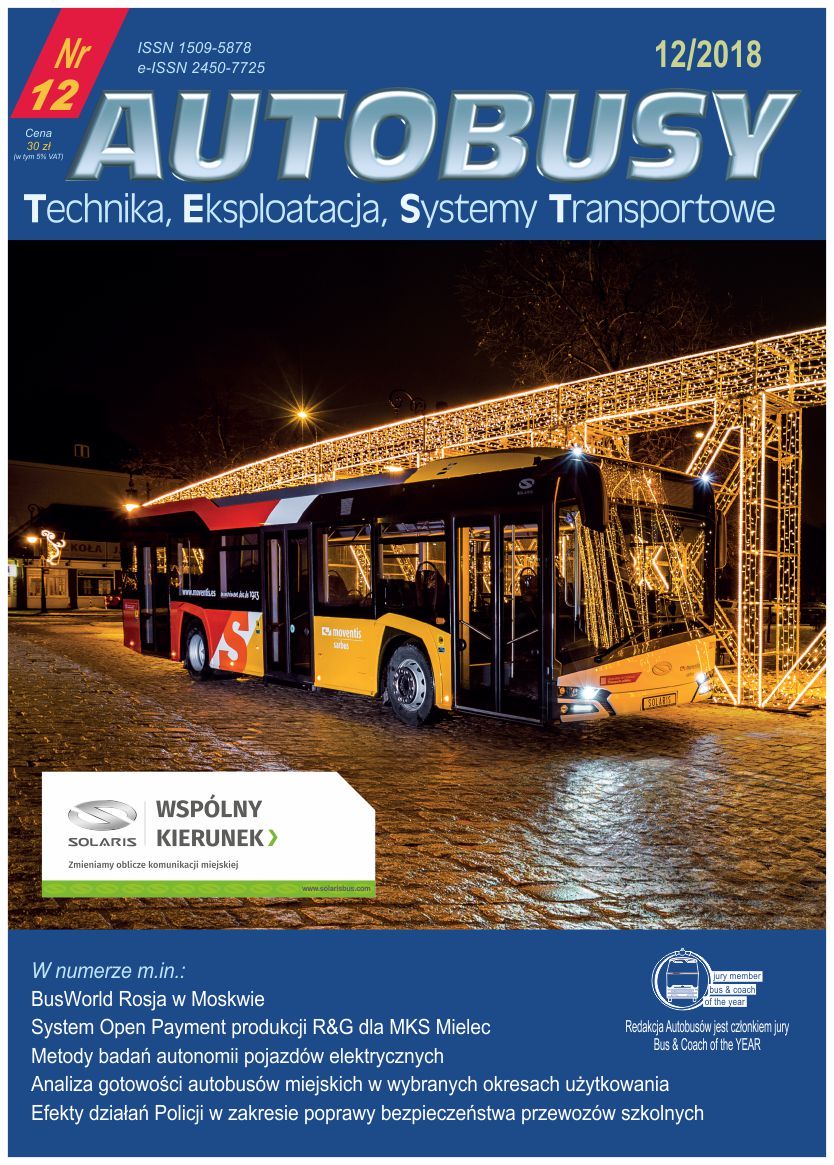Signalling servers for WebRTC technology with the use of node.js run-time environment
DOI:
https://doi.org/10.24136/atest.2018.515Keywords:
client-server, session establishment, node.js, signalling server, WebRTCAbstract
Web Real-Time Communications (WebRTC) technology is an enabler of native transmission of multimedia information between two and more Web browsers. WebRTC is based on HTML version 5 (HTML5) and JavaScript languages. Although both real-time media streams (audio, video) and non-real-time non-media flows (also present in WebRTC architecture) are transmitted directly between browsers, to enable transmission of information necessary for session management (and more precisely: session establishment) purposes, a signalling server is needed. Such server may be regarded as a rendezvous point of end systems that use WebRTC technology. In this paper, node.js run-time environment and principle of building of Webrtc signalling server with the use of scripts written in JavaScript and run in node.js are presented. Example of script of a simple signalling server also is shown. The exemplary server connects users of one and only session, although this session may serve not only one-to-one, but also many-to-many connections. Despite its simplicity, this is a fully functional signalling server, able to serve signalling messages for purposes of message ex-change, or for purposes of initialization of WebRTC-based Internet telephony or simple conferencing systems.



